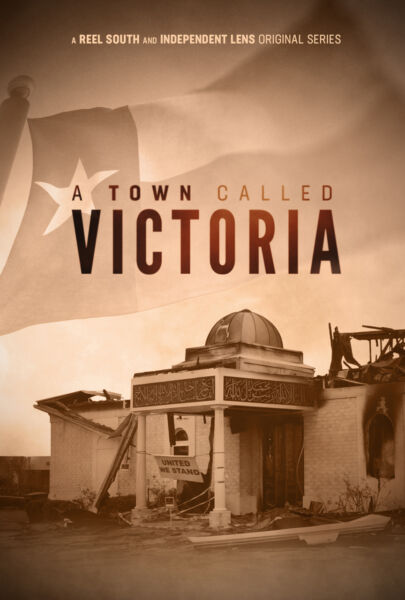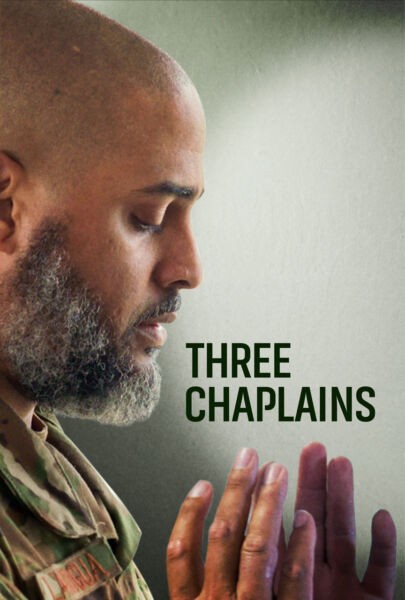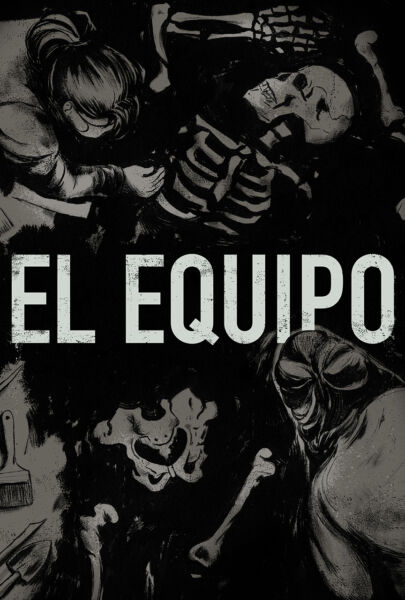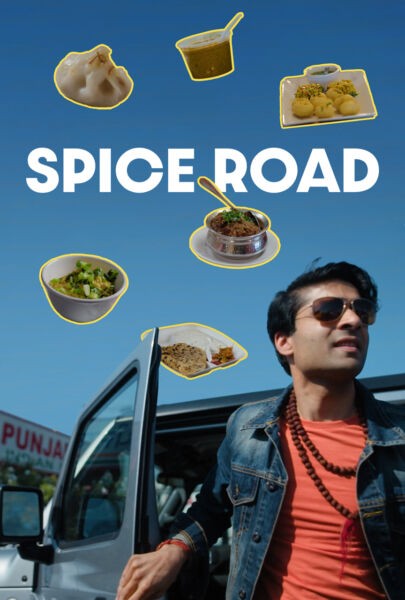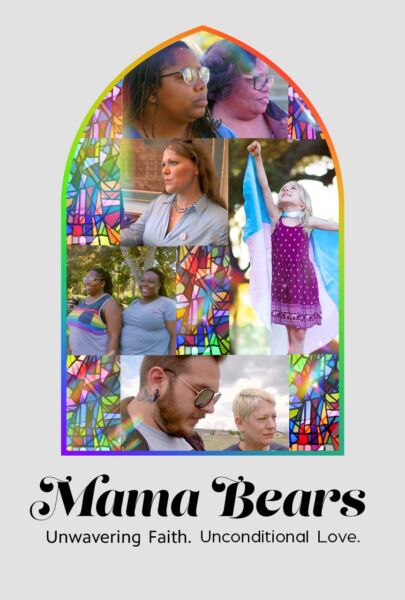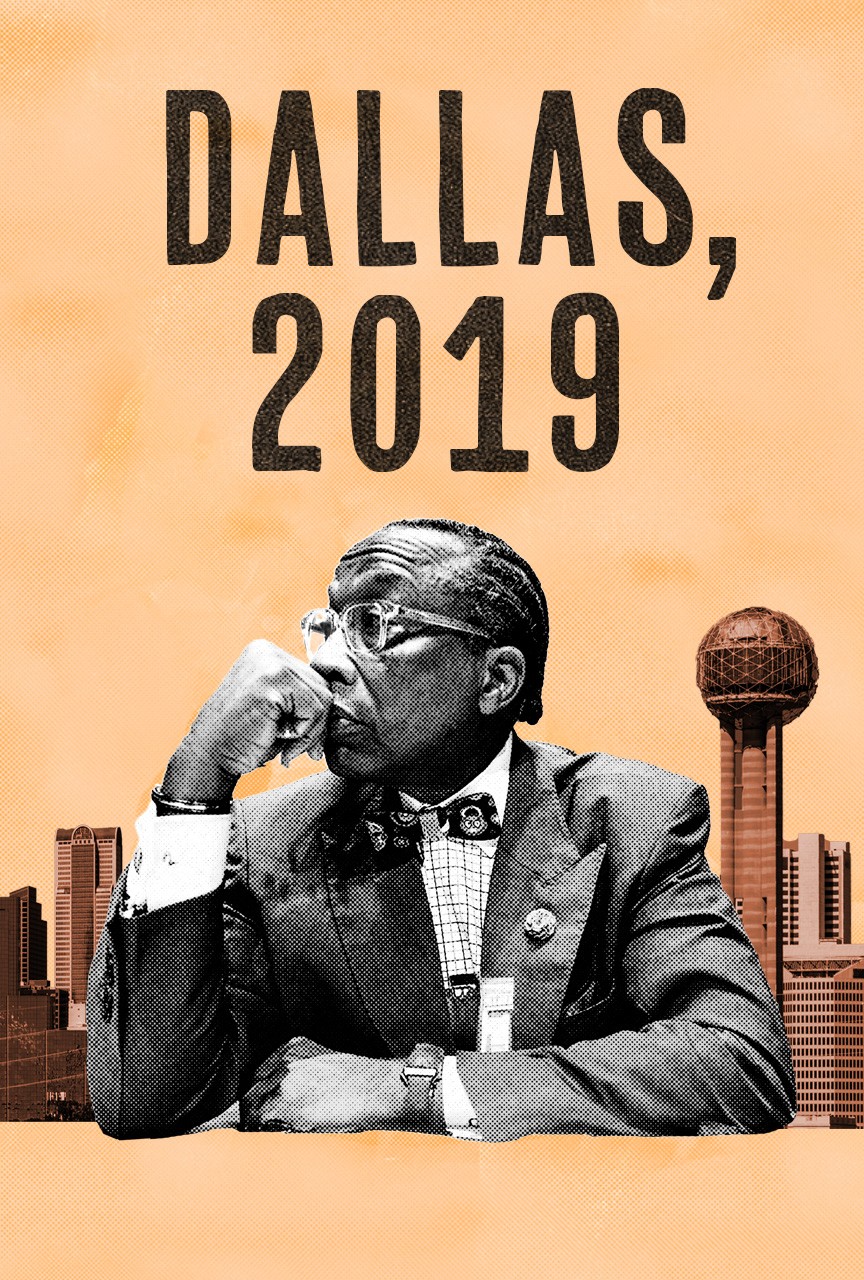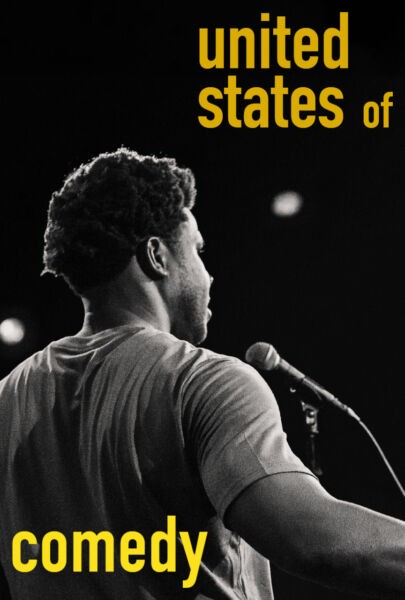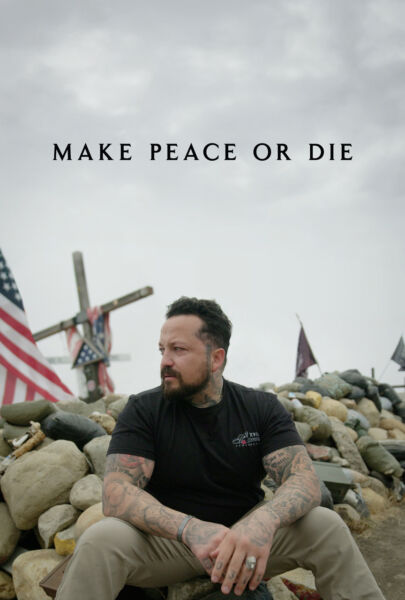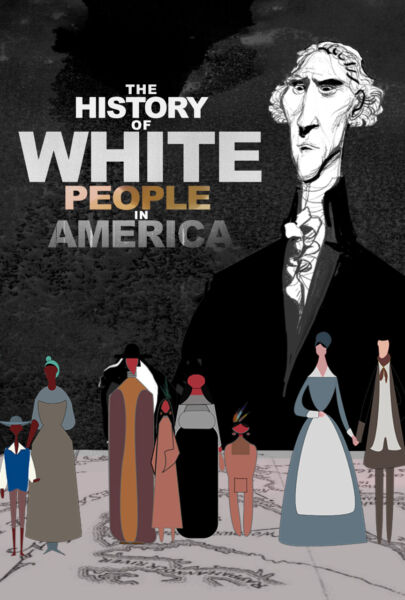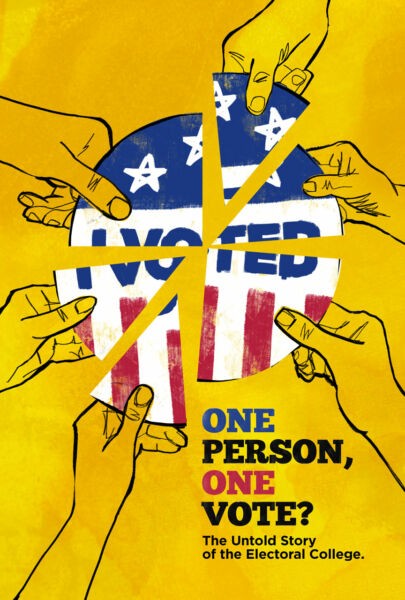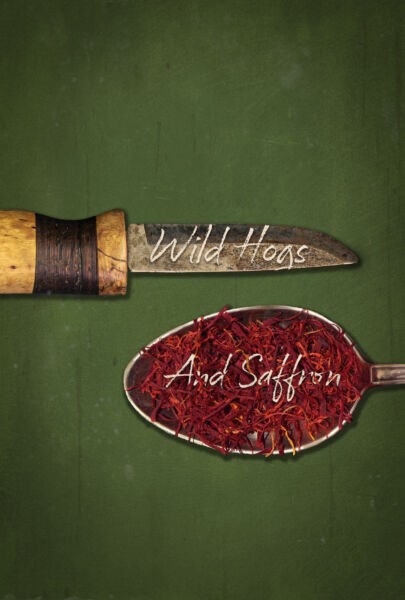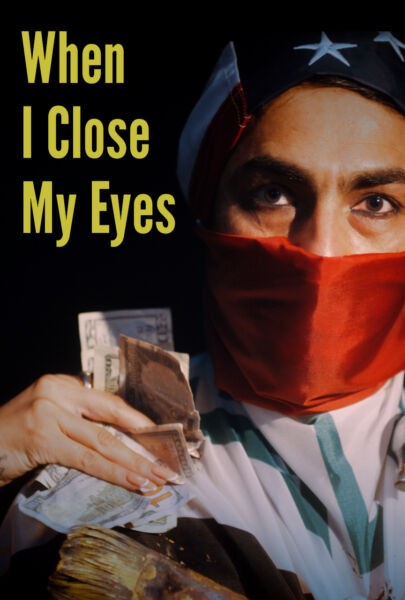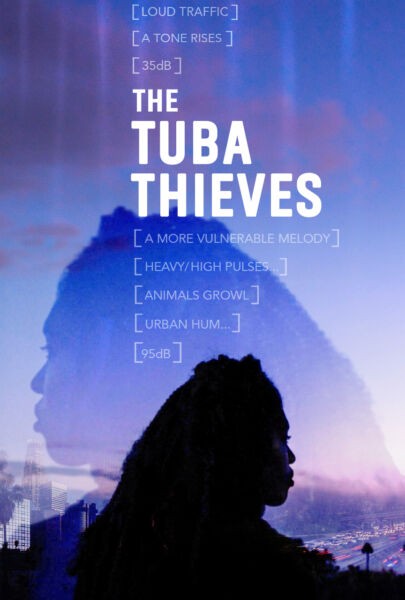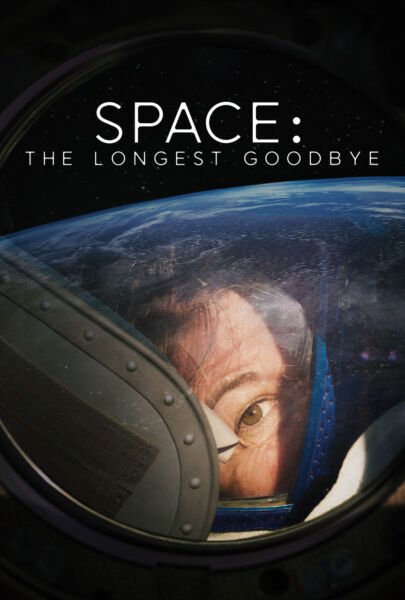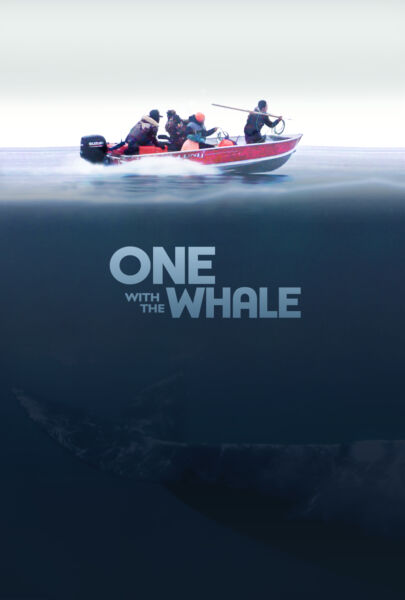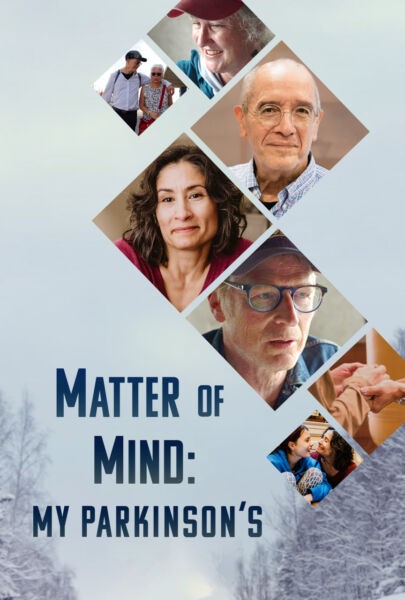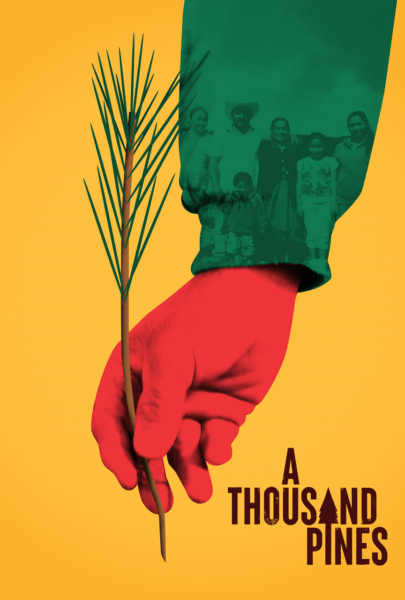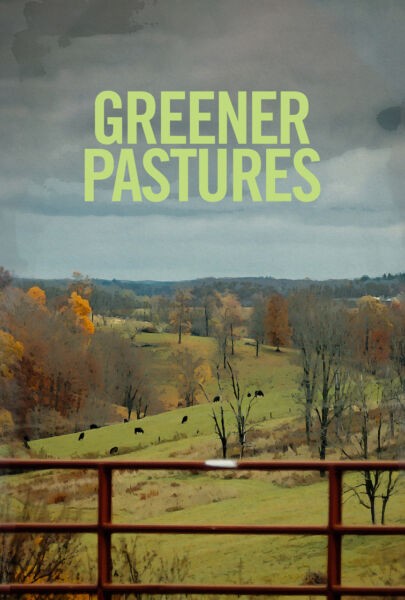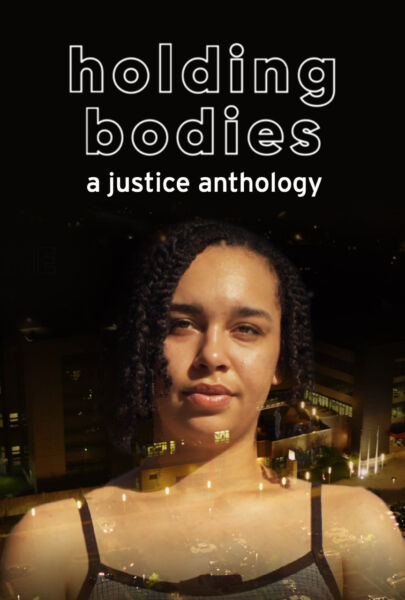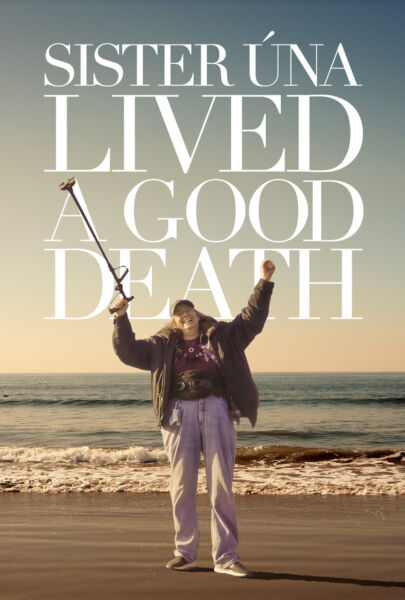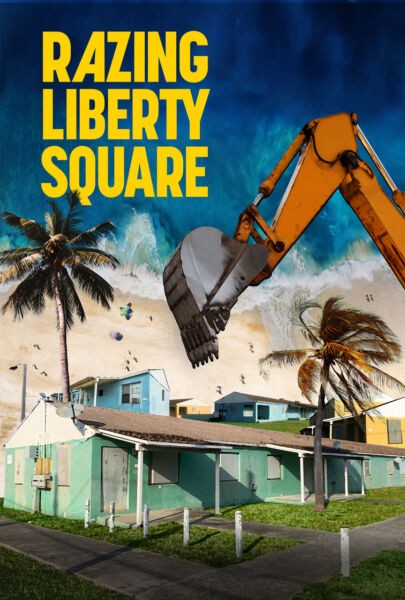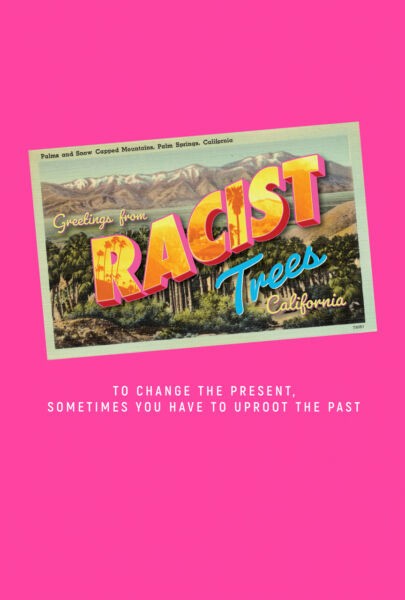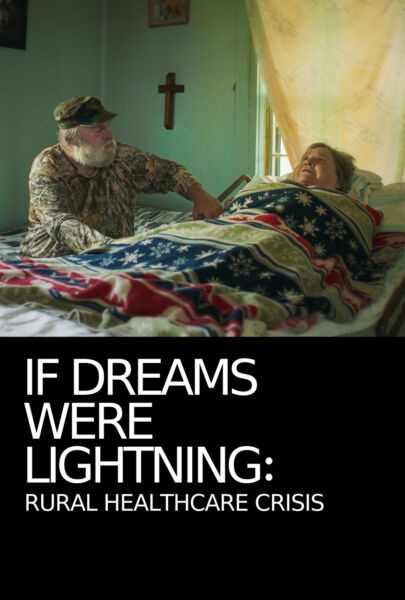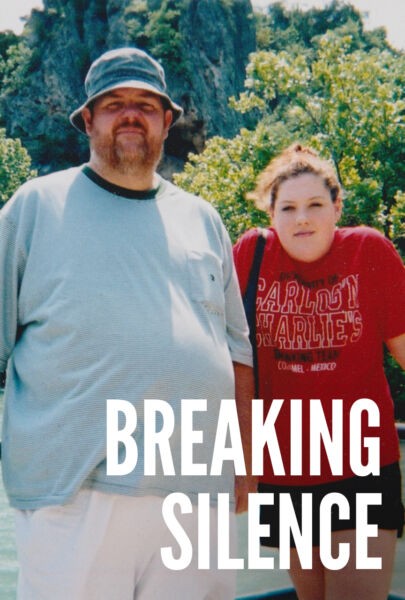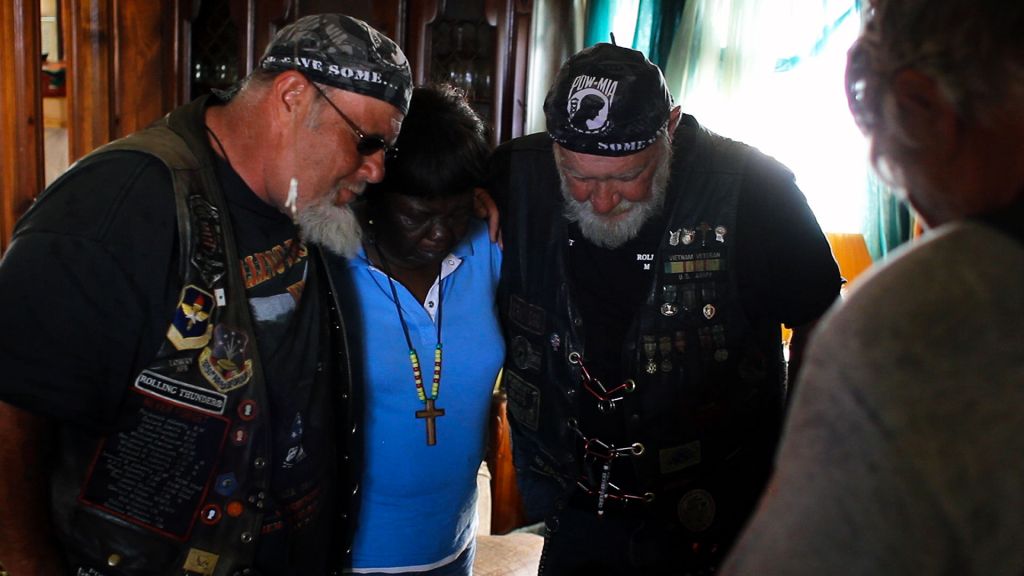
Stray Dog filmmaker Debra Granik, on our behalf, checked back in with the subjects of her film, Ron “Stray Dog” Hall, and his Mexican-born stepsons, Angel and Jesús, to see how they were faring these days.
Ron wanted to focus specifically on veterans. To follow up on a question I asked Granik about how veterans respond to the film, here are some of Ron’s thoughts about how vets who see the film can find help and solace.
On Loyalty Among Veterans
“You can find veterans in all walks of life. A few are in high business positions, but that type of success is not the norm for us. You will find us among law enforcement personnel, and also in prison. You’ll find us working two or three jobs, or as a homeless drunk living on the street. Even with these differences in lifestyles, you will still find us as brothers and sisters.
“For a very long time, other vets were all we had. We must never forget that, and always look out for each other. We are and must always be our brother’s keeper. It’s broken people like us that help broken people like us. Many of our brothers are still left out, simply because they live in small towns where there are no veteran’s organizations to welcome them into the extended family that we have created. Many feel alone all their life because there is no one close by who understands their suffering.

Ron and his wife Alicia pay their respects at the grave of a fellow veteran
“I encourage all veterans to locate other veterans and spend time together. If you need help, get it. If you don’t, then help someone that does. If there are only two of you, then create a group of two.”
On Younger Veterans
“The younger generation of veterans needs us older types. In many cases, we can understand them better than their own families do. It must be passed on to them that never again will one generation of veterans turn its back on another. We remember what it was like when we came home. Granted, the younger vets don’t meet the hostility that we did coming out of Vietnam, but they still suffer, which we can relate to better than any others can. People will say ‘it’s not a real war,’ or ‘it’s not a big war.’ I ask everyone to understand this much — if an enemy is killing your brothers and shooting at you, it does not make any difference what is going on half a click away. At your location, you are at war.
“I think we are better off when we learn to stop blaming people for not understanding us. How the hell could they? Too often we feel rejected by those we need, because they cannot understand us. We become angry and push them away. If you feel rejected by them, it’s likely that they feel rejected by you. This is not a point of right and wrong, it is just the way of things. Go to a Vet Counseling Center, and talk with others like you. Include your spouse in this. Vet families need to know that there are therapies and interventions that can put us on a path to having a better life.”

Ron shares a moment on the road with a fellow veteran-biker
On Veterans and Motorcycling
“Veterans are very well represented in the motorcycle community, for two major reasons: we get some of the brotherhood that we miss from serving in the military, and second — and this is just my take on it — we get addicted to the adrenaline rush of combat. Veterans of all wars have founded outlaw motorcycle clubs or joined one. I’m not saying that all veterans go outlaw, but I am saying that was a way they found friends who did not judge them, and got some of their brotherhood back. There are several biker organizations created by Vietnam veterans, [including] Patriot Guard Riders, an organization created by veterans to stand against protesters at veteran’s funerals. We have always honored and respected our dead. I would like to see more respect for our living veterans as well.”
Veterans in Politics
“I encourage veterans to get more political. It’s difficult to get veterans to agree about anything political, but we have common interests that we do agree on. We stand together on how we should be respected by the V.A., which is one of our constitutional rights. When the V. A. doesn’t provide you with adequate service, write letters to your Representatives, telephone them with your concerns, demand an investigation into the actions of the V.A.
“We all took an oath to our God on the peril of our soul (and on the pearl of our soul) — to protect and defend the Constitution of the United States. That oath has no expiration date. In our current political situation, we get all sorts of contradictory information, and it’s hard to sort out the truth. We don’t always know who or what to believe. No single veteran is going to change this, but together we can be a force to reckon with.”
“I’m not endorsing any particular political party or telling anyone how to vote. I am suggesting that we demand the truth from our politicians. I doubt that we will ever get the whole truth, but we sure could get closer to it.”

Ron “Stray Dog” Hall teaches his Mexican stepsons a salty piece of American slang
We also asked Ron’s stepsons, whom we see in the film struggling to adapt to a very different way of life after they move from urban Mexico to rural Missouri, how life has been since the filming stopped:
Jesús:
“We just started college this semester (fall 2015) at Missouri State University. My dog, Gizmo, is also doing well. Of course, when we came here to Branson, Missouri, we expected a city, but it is a small town. Overall there are good people here, a lot of veterans. But the things that we still miss from living in a big city such as Mexico City are places to have fun like parks, museums, and places to go with our friends. Overall, authentic Mexican food here is good, but there are some differences that make us miss the food from home.
“At the beginning Ronnie and our mom helped us a lot to survive here in America, and after some time, the English course we took was really helping, so were friends at the job, and having hope that one day we will be someone here in America. I am working as a server in a Mexican restaurant. The work is kind of easy because, as I speak Spanish, it is easy for me to know the dishes and also is interesting talking with customers.
“[Going to college] makes me happy even though I do not speak perfectly like an American, but I really like going to MSU. We joined an international club, so we have a lot of friends from all over the world like Chinese, friends from the Arab world, Colombians, and Brazilians. Of course, we have some American friends from our classes.”
Angel:
“I miss a lot of things [about Mexico City], especially the food. Also the freedom to walk without driving a car. Finally, I miss the places where we used to go with my friends: the plazas, the stadiums, the subways, and so on.
“I think something that [has] helped us to survive is to be with our mom. My brother and I had to spend about two years without our mom in Mexico during high school, so when we saw our mom again [that] was so great. Also, Ronnie helped us a lot to survive. For example, he taught us how to drive, how to care well for a car, how to care for a garden, and so on. Finally, Miss Peggy, our English teacher really helped us in the adjustment from a big city to a small town.
“Since we moved to the US, we try to listen to music in English, in order to help us to improve. I like to listen to the Red Hot Chili Peppers, Green Day, Maroon 5.
“We’ve made friends from a lot of parts of world. Thanks to an English course that we took the last year, we made friends from Colombia, Nicaragua, Brazil, Korea, and of course Mexico. Since we are in college, we’ve made a lot of friends through a nice club called AIS (Association of International Students), and it is really good to meet people from other countries with similar situations as my brother and I.
“I really enjoy being able to go to college. Once we arrived, we started working and we did not do anything besides taking English classes and work. Now that we work just weekends and we go to school during the week, it really feels great. [We’ve been here more] than three years, so maybe for some people it means nothing, but for my brother and me it means a lot. It wasn’t easy to get used to the U.S. We had to learn a lot of new things. Now that we can communicate to others, understand better, write better, we see that there is a reward after hard work, and that is the real happiness.
[On the Mexican restaurant in Branson where they are servers:] “It’s good work, and since we speak Spanish it is easier to learn the menu. I thought that our customers would be more Hispanics but I was wrong — actually a lot of Americans like Mexican food and that’s good because we can practice our English with them. We have met a lot of nice people there and it feels a little bit like being back home.”


